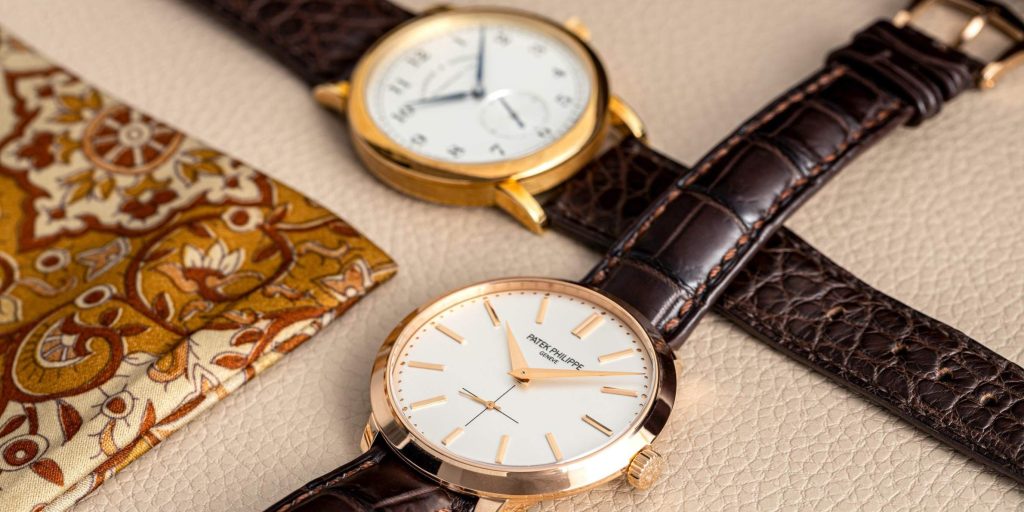In the grand tapestry of human history, timekeeping has always held a pivotal role, evolving from ancient sundials to the intricate wristwatches we cherish today. National Watch Day, celebrated on June 19, might not echo the monumental milestones in the annals of horology, but it certainly shines a spotlight on our enduring fascination with time and its guardians. This day, devoid of historical roots, was cleverly crafted by the watch industry to spotlight the artistry, technology, and elegance encapsulated in every timepiece. Isn't it intriguing how a modern marketing ploy can reignite our appreciation for these marvels of engineering? Watches do more than just tell time; they tell stories, symbolize milestones, and even become heirlooms passed down through generations. As we wrap our wrists with these ticking treasures, we're not just keeping time; we're keeping history alive in our everyday moments.
Key Takeaway
Timeline
Day Activities
-
Morning Kick-off: Start your National Watch Day with a bang by visiting local watchmakers or boutiques. Get a firsthand look at the craftsmanship that goes into each timepiece. Whether you're into sleek digital faces or classic analog designs, there's something for everyone to admire.
-
Afternoon Activities: Why not host a watch-themed get-together? Invite friends and family over for a show-and-tell of your favorite pieces. It's a fantastic way to share stories behind each watch, whether it's a family heirloom or a recent splurge. Plus, you might learn a thing or two about the history and mechanics of these fascinating devices.
-
Evening Reflections: Cap off National Watch Day by winding down with a documentary or book about the evolution of timekeeping. From sundials to smartwatches, the journey is nothing short of remarkable. It's a perfect way to appreciate the ingenuity and innovation that keep the world ticking.
Why We Love This Day
- Celebrating Craftsmanship and Innovation
Who doesn't love a bit of history on their wrist? National Watch Day is all about celebrating the incredible craftsmanship and innovation that have propelled watches from mere timekeeping devices to symbols of style, technology, and heritage. From the intricate gears of a mechanical watch to the sleek digital faces of smartwatches, this day reminds us of the journey through time that watchmaking has taken. It's a nod to those master craftsmen and innovators who've made it possible for us to carry pieces of art and engineering with us every day.
- A Time for Deals and Discoveries
Let's face it, everyone loves a good deal, and National Watch Day doesn't disappoint. Retailers and brands often roll out special promotions, discounts, and limited-edition models, making it the perfect time for enthusiasts and newcomers alike to expand their collections or dive into the world of watches. It's not just about snagging a bargain; it's a day for discovery, where folks can learn about different types of watches, their features, and what makes each one unique. It's like a treasure hunt, but instead of gold, you're after timepieces!
- Connecting with a Community
There's something special about being part of a community that shares your interests, and National Watch Day serves as a great reminder of this. Across social media, forums, and events, watch lovers come together to share their collections, stories, and knowledge. Whether you're a seasoned collector or someone who's just snagged their first watch, there's a sense of belonging and excitement in connecting with others who appreciate the beauty and intricacy of watches. It's a day that ticks all the right boxes for fostering friendships and fueling passions.
Past & Future Dates
| Month | Day | Year |
|---|---|---|
| JUNE | 19 | 2022 |
| JUNE | 19 | 2023 |
| JUNE | 19 | 2024 |
| JUNE | 19 | 2025 |
| JUNE | 19 | 2026 |
| JUNE | 19 | 2027 |
| JUNE | 19 | 2028 |
FAQ
What is National Watch Day?
National Watch Day falls on June 19th, celebrating the craftsmanship and heritage behind our favorite timepieces. Born in 2017, this day has quickly become a staple for horology enthusiasts and those in the watch industry to honor the skill, tradition, and artistry of watchmaking.
What is June 19th National Day?
June 19th is renowned as Juneteenth, a pivotal day in American history commemorating the abolition of slavery within the United States. Originating from an 1865 event in Texas, this day serves as a reminder and celebration of freedom and equality.
